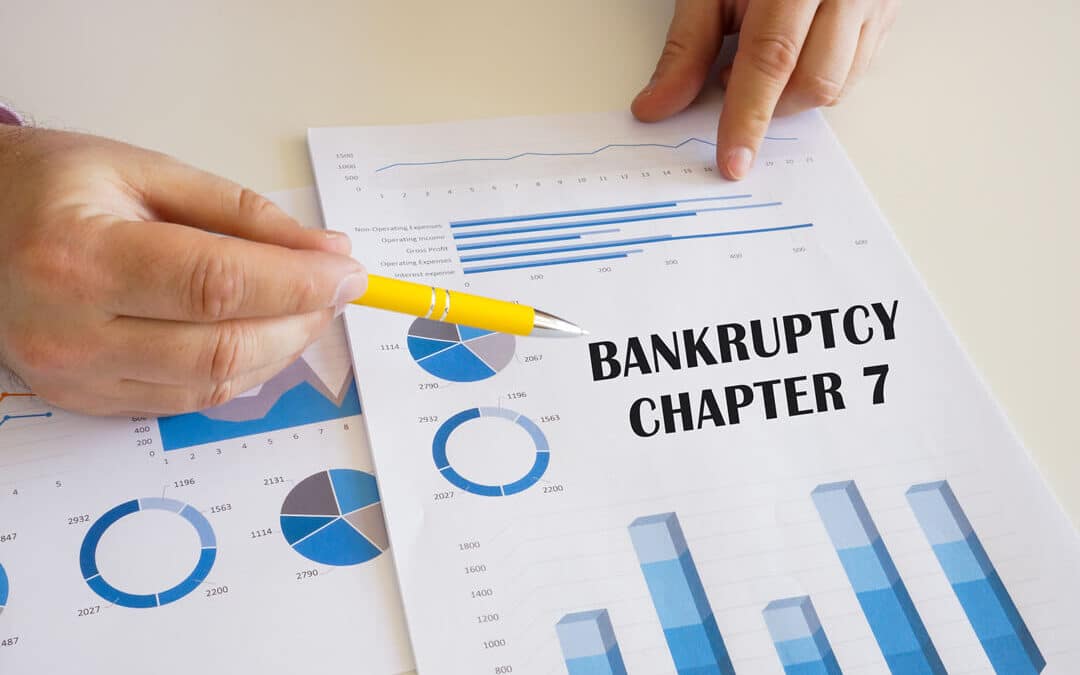Are you thinking about filing Chapter 7 bankruptcy and wonder about what will happen after you file?
While each bankruptcy case is unique because of a filer’s financial circumstances, most Chapter 7 bankruptcies go through the following process.
Issue of Automatic Stay
As soon as your bankruptcy case is filed, the court issues an automatic stay notification to all the creditors you listed in your file. The notice officially informs your creditors they must stop all collection activity against you for the duration of your bankruptcy case. This means your creditors cannot:
- call you or send letters requesting payment
- garnish your wages
- put a lien on your property
- repossess your car
- foreclose on your home
If any of your creditors contact you before receiving notification, tell them you have filed and give them your case number. If a creditor contacts you after notification of your bankruptcy, they are breaking the law and you can report them.
Meeting of Creditors
Shortly after filing the bankruptcy court will assign your case to a trustee and set a time and date for you to appear before the trustee. This appearance is known as the 341 hearing or the meeting of creditors. The meeting occurs within 30 to 45 days of your bankruptcy case filing.
These meetings typically occur by telephone or video conference. At the meeting, the trustee will ask you about your financial circumstances and the information in your bankruptcy petition. Any of your creditors can also attend the meeting and have the chance to question you. Although this can happen, creditors rarely appear at 341 hearings.
Your questioning should last a few minutes. But, you may need to prepare to stay longer because the trustee will have other meetings scheduled and could get behind.
Discharge of Debts
After the meeting of creditors, the trustee or any of your creditors have 60 days to object to your bankruptcy case. Do not let this worry you because in most cases neither the creditor nor the trustee file objections.
If no one files an objection, the court issues an order of discharge on your debts. This means your creditors must mark your debts as paid and can no longer contact you about repaying it. You can begin rebuilding your financial life.
Getting Help from a Bankruptcy Attorney
Because bankruptcy laws are complex, it may benefit you to have the help of an experienced attorney when filing for bankruptcy. A bankruptcy attorney will know all the laws and understand how they apply to your financial situation. They will know which type of bankruptcy is best for you.
Brock & Stout bankruptcy attorneys have over 20 years of experience helping clients get a financial fresh start. Contact us for a free evaluation of your financial situation to see if we can help you get on the road to financial recovery.

